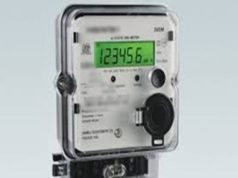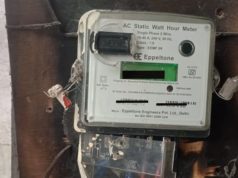The controversy surrounding the purchase of smart meters by the Electricity Board has once again taken center stage, with the former State President of the Electricity Board sending a letter to the Chief Minister urging him to stop the process. The former president has described the deal as a loss for the Electricity Board and has raised several questions about the process of installing smart meters.
According to the former Electricity Board President, before smart meters are installed, efforts should be made to make transformers, lines, and staff smart to prevent accidents involving board employees. He has recommended to the Chief Minister that the tender for the smart meters should not be completed under any circumstances, as it will burden the 50,000 employees and pensioners of the Electricity Board.
The Electricity Board started a campaign to replace electromechanical meters with electronic meters in 2016-17, but the work is yet to be completed. This delay is causing the board to lose crores of rupees in revenue. Some officials have been paying up to Rs 65 per meter to replace electronic meters, while in some places, the cost has been as high as Rs 982 and Rs 2562 per meter.
The proposed tender for smart meters would cost the Electricity Board approximately Rs. 2600 crore, burying it under debt with no benefits to either the board or its consumers. Electricity Board employee suggested CM Sukhu that instead of installing smart meters, the manager of the Electricity Board should focus on making sub-stations, transformers, and lines smart and providing smart manpower to do the same.
The board president also pointed out that many of the power substations have outdated plants, which are inviting untoward incidents for the employees working in the field. Instead of replacing them, the board is working with jugaad (quick-fix solutions).
Electricity Board Employee has urged the Chief Minister to stop the installation of smart meters and work towards making the power substations smart. The controversy over smart meters continues, and it remains to be seen how the Electricity Board will address these concerns.





